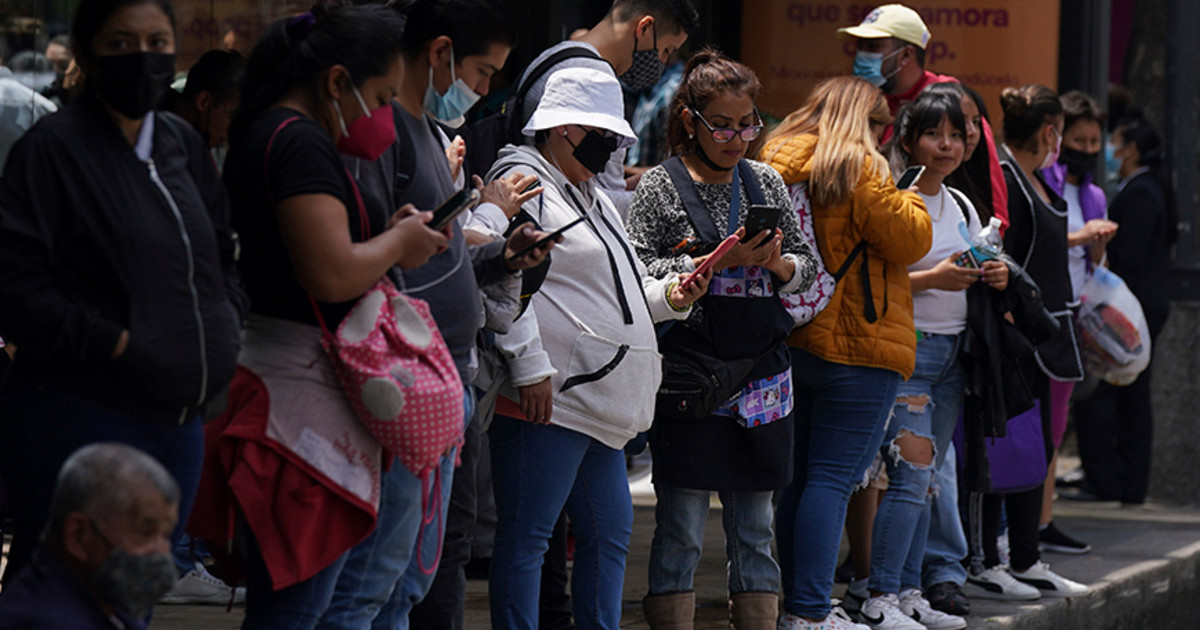The president-elect of Colombia, Gustavo Petro , takes office this Sunday (7) and goes down in history as the first left-wing leader to govern the country. Petro’s term in the Presidency continues until 2026.
With 50.44% of the votes, the equivalent of 11,281,013 million votes, Gustavo Petro was elected in the second round of elections on June 19, beating businessman Rodolfo Hernández, then a right-wing populist candidate.
On the same day of inauguration, President Iván Duque ends his term and says goodbye to the Casa de Nariño, seat of government of the Republic of Colombia.
Having the inauguration ceremony of the new president on August 7 is a tradition in Colombia. On this date, the Battle of Boyacá is commemorated, one of the main founding moments of Colombia since the independence campaign, concluded in 1819.
What will the inauguration ceremony be like in Colombia?
The ceremonial act brings together several important moments in the inauguration of the president in Colombia. It starts with the national anthem, but its central element is the oath of office for the new president.
The president-elect in Colombia must take office before the Congress of the Republic and recite: “I swear to God and I promise the people to faithfully comply with the Constitution and the laws of Colombia”, as established by the Constitution.
The political letter also warns that, if for any reason the president is unable to take the oath in Congress, “he will do so before the Supreme Court of Justice or, failing that, before two witnesses.”
After the swearing in, the presidential sash is imposed and the vice president, in this case vice president Francia Márquez, is sworn in.
The event, traditionally held at Plaza de Bolívar, in Bogotá, also includes a speech by the president of Congress and the president-elect, which are usually long due to the time they set.
Authorities present in possession
Among the officials expected to attend the inauguration ceremony of the new president of Colombia are:
- King Felipe VI of Spain;
- Gabriel Boric, President of Chile;
- Guillermo Lasso, President of Ecuador;
- Luis Abinader, President of the Dominican Republic;
- Luis Arce Catacora, President of Bolivia;
- Mario Abdo Benítez, President of Paraguay;
- Laurentino Cortizo, President of Panama;
- Xiomara Castro, President of Honduras;
- Rodrigo Chaves, president of Costa Rica;
- Alberto Fernández, President of Argentina;
- Beatriz Gutiérrez Müller, First Lady of Mexico;
- Dina Boluarte, Vice President of Peru;
- Beatriz Argimón, Vice President of Uruguay;
- Delegation of the Government of the Netherlands (Curacao)
- Felix Ulloa; vice president of El Salvador;
- Ministry of Foreign Affairs of Cuba;
- Ministry of Foreign Affairs of Portugal;
- Ministry of Foreign Affairs of Serbia.
Delegations from the United Kingdom, Japan and South Korea, led by parliamentarians from these countries, also confirmed their presence.
The President of Peru, Pedro Castillo, has informed the Government of Colombia that he will not be able to participate in the transfer of command because the Congress has not granted him authorization to leave the territory, as established by the Constitution, and therefore he will be represented by the Vice President.
The Brazilian representative in office will be Chancellor Carlos França, minister of the Foreign Ministry, who arrived in Colombia last Saturday (6th).
Profile
A leader of the left, Petro is recognized as a former member of the guerrilla group M-19 (April 19 Movement), demobilized in the 1990s. His past as a militant made the public life of the first place controversial.
Born in the municipality of Ciénaga de Oro, in the department of Córdoba, on the Caribbean coast, in 1960, he entered public life at a young age, at the age of 21, as a municipal councilor, a sort of councilor. It was also at this time that he approached the M-19.
This year’s election was Petro’s third bid for the presidential seat. Previously, the candidate was senator and mayor of the Colombian capital, Bogotá.
The Historic Pact program spearheaded by Petro — who defines himself as a “progressive” leftist in a highly traditional and right-wing country — raises the need for profound reforms in areas as diverse as the economic model and the functioning of the Armed Forces.
It brings diversified proposals in the economy, security, gender equality and the environment. See here a summary of its main proposals.
economy in Colombia
Colombia, like other countries in the region, is going through a challenging economic moment, with inflation soaring and the peso seriously devalued against the dollar.
Critics say Petro’s plan for Colombia to no longer have an extractive oil economy model influences to discourage foreign investment, destabilize markets and devalue the currency.
*With information from CNN Español
Source: CNN Brasil
I’m James Harper, a highly experienced and accomplished news writer for World Stock Market. I have been writing in the Politics section of the website for over five years, providing readers with up-to-date and insightful information about current events in politics. My work is widely read and respected by many industry professionals as well as laymen.






